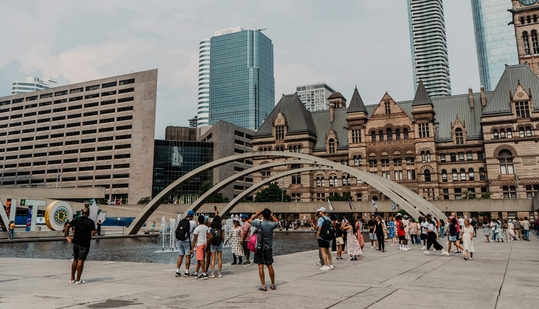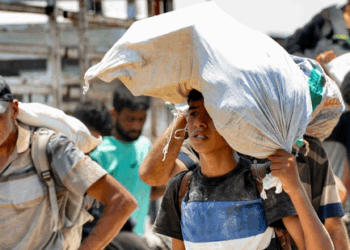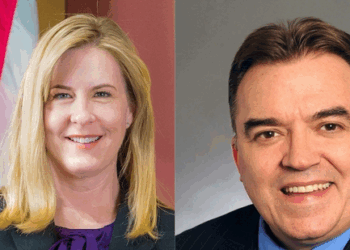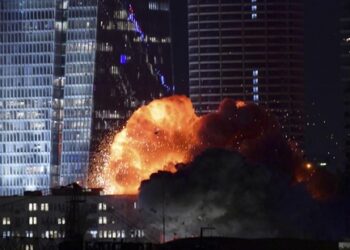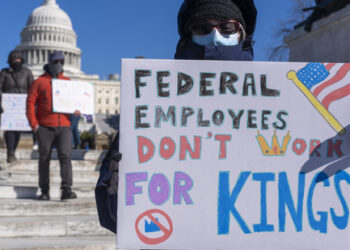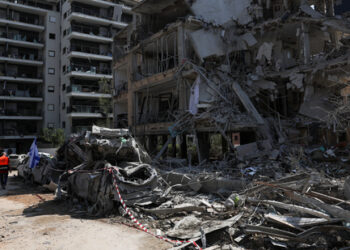Long-time adversaries Iran and the United States held their fifth round of Oman-mediated nuclear talks on Friday in Rome, but no significant breakthrough was reported. Despite this, both sides described the meeting as constructive and expressed a willingness to continue discussions, highlighting the ongoing complexity of the negotiations.
The central issue blocking progress is Iran’s uranium enrichment program. Western countries, led by the United States, suspect Iran of aiming to develop nuclear weapons, a claim Tehran firmly denies. Iran insists its nuclear activities are strictly for peaceful civilian purposes, while American officials, including Middle East envoy Steve Witkoff who leads Washington’s delegation, have opposed Iran’s enrichment efforts. Witkoff has stated that the U.S. “cannot allow even one percent of enrichment capacity” for Iran, a demand Tehran calls “non-negotiable.” Iran’s top negotiator, Foreign Minister Abbas Araghchi, emphasized on X (formerly Twitter), “Zero nuclear weapons = we DO have a deal. Zero enrichment = we do NOT have a deal,” underscoring the irreconcilable positions.
Experts point out that this fifth round was uniquely sensitive due to the collision of these red lines. Iran remains the only non-nuclear weapons state enriching uranium up to 60 percent—far above the 3.67 percent limit agreed upon in the 2015 deal, but below weapons-grade levels. The original accord, known as the Joint Comprehensive Plan of Action (JCPOA), was effectively torpedoed when the U.S. withdrew unilaterally in 2018 under President Donald Trump.
Iran insists the talks focus solely on its nuclear program and the lifting of U.S. sanctions, dismissing what it calls “irrational” demands and inconsistent signals from Washington. Araghchi warned that these contradictory U.S. positions risk complicating the process further. Before talks began, some analysts expected Washington to push for a broader deal addressing Iran’s ballistic missile program and its support for proxy groups like Hezbollah, Hamas, and Yemen’s Huthis. Israel’s Prime Minister Benjamin Netanyahu has also called for restrictions on both enrichment and missile development in any deal.
While diplomacy proceeds, the U.S. has imposed new sanctions on Iran’s construction, oil, and gas sectors, actions Tehran condemns as hostile and contradictory to the spirit of negotiations. Iranian Foreign Ministry spokesman Esmaeil Baqaei criticized these sanctions as questioning America’s seriousness about diplomacy.
Tensions remain high as Iranian military leaders have issued stern warnings. Armed forces Chief of Staff Mohammad Bagheri compared any U.S. misstep to the failures in Vietnam and Afghanistan. Reports of potential Israeli strikes on Iranian nuclear facilities add to the volatility, with Iran holding the U.S. responsible for any such attacks. Meanwhile, coordination between Trump and Netanyahu is seen by some, including Iran’s conservative press, as driving the talks toward deadlock.




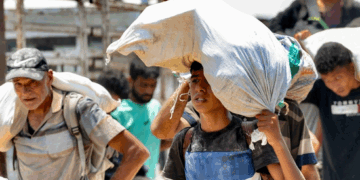

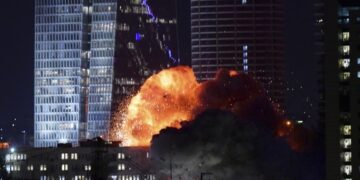
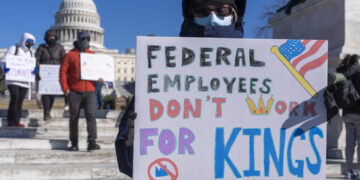
 India
India
